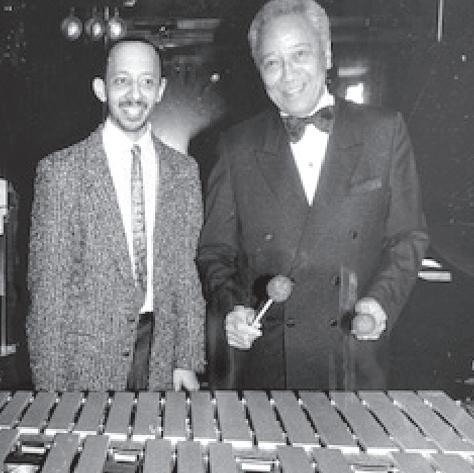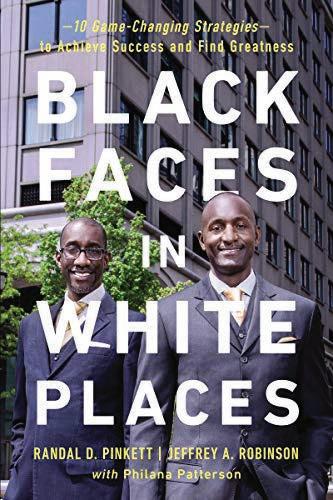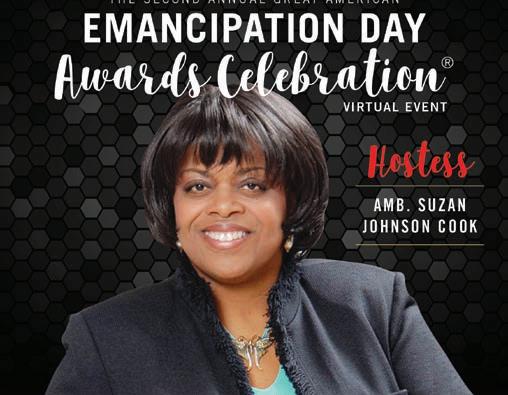Education the art + science of learning
Rutgers University-Newark Joins Mission to Address Reparations Rutgers-Newark Chancellor Nancy Cantor
A
t the invitation of the University of Michigan Center on Social Solutions, Rutgers University – Newark has joined as a partner in a major new grant-funded project sponsored by The Andrew W. Mellon Foundation. As part of the foundation’s Just Futures initiative, the center is creating “Crafting Democratic Futures: Situating Colleges and Universities in Community-Based Reparations Solutions.” The goal of the project is to construe reparations as forms of compensation, which, depending on the community, may include a national apology; educational, housing, and healthcare programs; and financial redress from the U.S. government for the historic and persistent effects of systemic racism. In collaboration with community partners, nine colleges and universities in the eastern half of the United States, with representation in the Midwest and Central North regions, will conduct a public history accounting designed to yield tangible, community-based racial reparations solutions reflecting the specific histories and contemporary circumstances of each community. Rutgers-Newark will work with the New Jersey Institute for Social Justice (NJISJ) and Newark Community Development Network (NCDN) over the three-year project engaging Newarkers in this racial reckoning. The process will be founded on the understanding that today’s Newark was built on centuries of oppression that continue to constrain opportunity for Newarkers, even as the city’s vibrant tradition of community activism and innovation fuel the city’s ascendancy. Rutgers-Newark Chancellor Nancy Cantor says Newark is an ideal place to engage in this work. “This is a front-line community built by waves of migration and immigration by people who, in pursuit of opportunity, continually have met the walls of systemic
Newark Mayor Ras Baraka
racism, embedded in red-lining practices, in toxic environmental dumping, in school segregation, and in economic marginalization,” said Cantor. “Even so, their dreams never died, evident in the activism of community-based organizations that still center the struggle in every ward of Newark, more than fifty years after the Newark rebellion. This city has a strong right to reparations and with a strong, well-organized collective committed to seeing racial equity, realized that encompasses community-based organizations, Fortune 500 companies, ‘Eds and Meds,’ and City Hall. Rutgers-Newark is both honored and obligated as a major anchor institution in this city to be a fulsome partner in imagining reparations that reflect Newark’s history and Newark’s priorities.” Newark Mayor Ras J. Baraka sees this new collaboration as building on a great deal of work already being done in Newark to realize racial equity. “In Newark, we have been methodically working to level the playing field by dismantling core elements of persistent racial oppression,” said Baraka. “Among many other initiatives, we introduced an inclusive zoning ordinance; created a Commission on Equitable Growth; established priorities to invest in small business development and local real estate developers; and sought commitments from Newark’s largest employers to hire more Newarkers, increase purchasing of Newark-based goods and services, and encourage more of their employees to live in Continued on next page
www.thepositivecommunity.com
Winter 2021 The Positive Community
41














